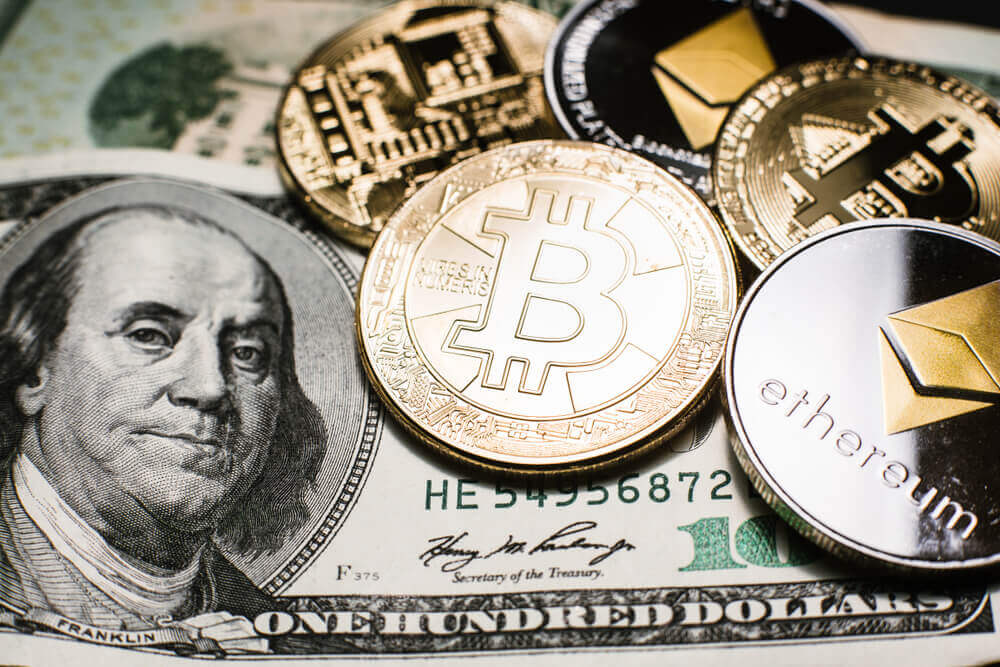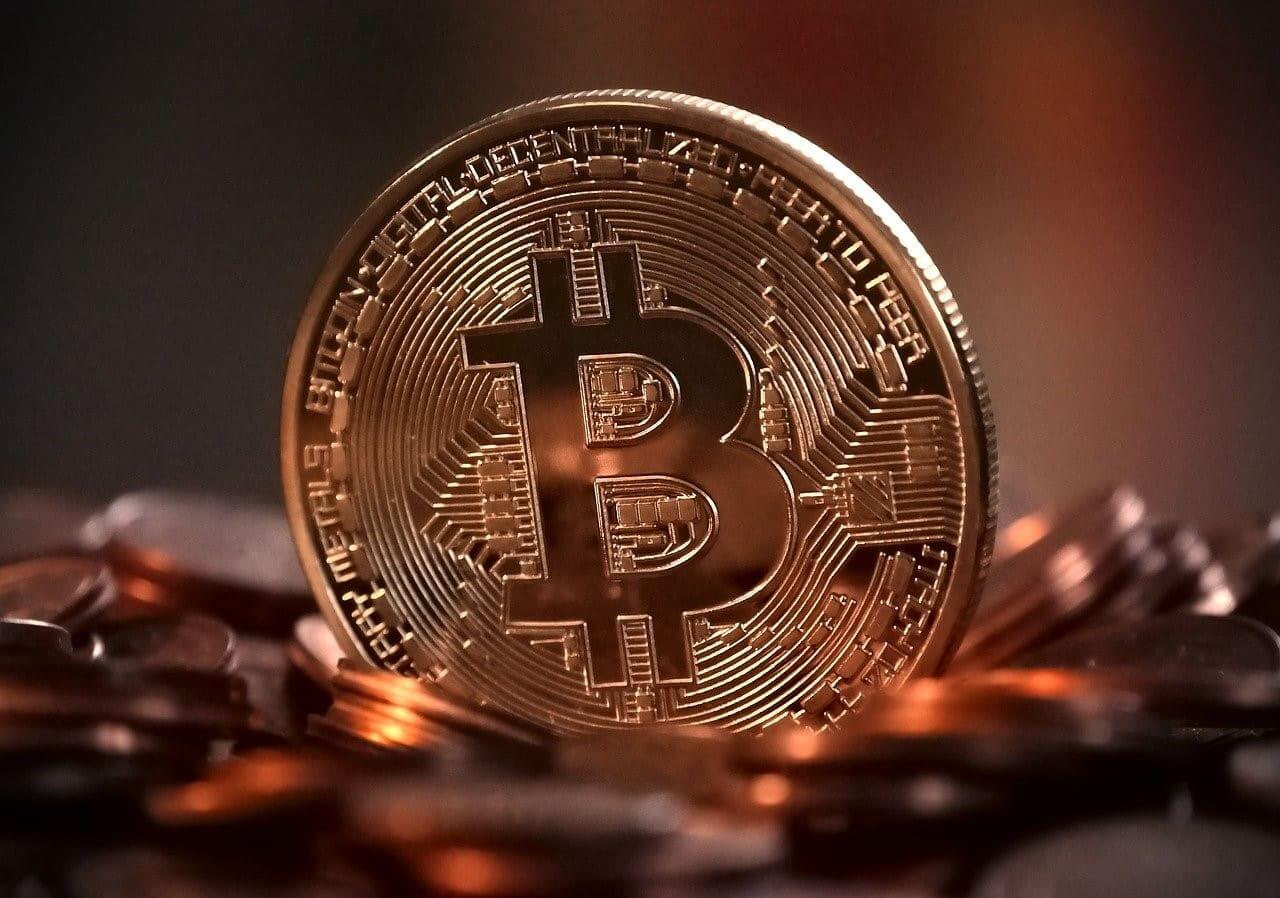Crypto Exchanges Refuse To Freeze All Russian Accounts

Crypto Exchanges Refuse To Freeze All Russian Accounts
Major crypto exchanges, including Coinbase and Binance, have rejected Ukraine’s request to freeze all Russian accounts. Exchanges say it would harm civilians and go against their ideals. A unilateral decision to ban people from accessing their cryptocurrencies would defeat the very reason why cryptocurrencies exist.
In a tweet, Ukraine’s Deputy Prime Minister Mikhailo Federov called on major crypto exchanges to freeze all Russian and Belarusian accounts, not just those of sanctioned oligarchs. He said it was crucial not only to freeze addresses associated with Russian and Belarusian politicians but also to disrupt ordinary users.
The move is in line with U.S. and European Union sanctions on Russian banks and leaders aimed at weakening the country’s economy. However, freezing crypto assets could have immediate consequences for ordinary Russian citizens.
Coinbase said it had sanctioned any person or entity in Russia as required by law. However, the crypto exchange said it would not take further action.
Binance, on the other hand, said it has pledged to donate at least $10 million in humanitarian aid to Ukraine. Crypto exchange has also launched a fundraising campaign intending to raise $20 million. The company is also currently under investigation by the U.S. government for alleged money laundering and insider trading.
Other exchanges, including KuCoin, also said they would not go beyond what the law requires. Jesse Powell, CEO of the Kraken exchange, said the move would violate the company’s liberal values.
One exception is Dmarket, a Ukraine-based platform that allows people to trade NFTs and virtual items in-game.
Ukraine Has Received $37 Million In Tracking Cryptocurrency Donations So Far
More than $37 million has been tracked in cryptocurrency donations sent to the Ukrainian government, military, and charities at press time. These include Bitcoin (BTC), Ether (ETH), Tether (USDT), and other altcoins. The numbers are also based on tracked projects and do not consider factors such as fundraising among individuals.
The biggest recipient of cryptocurrency donations appears to be Ukraine’s Reserve Fund, backed by the country’s homegrown cryptocurrency exchange Kuna. The crypto exchange has raised about $13 million in cryptocurrencies for Ukraine, mainly through BTC, ETH, and USDT.
Next, Come Back Alive, an NGO expressing support for Ukrainian armed forces resistance efforts, has received over $7.2 million in BTC donations to its wallet address. This includes previous contributions received during the Donbas war that began in 2014, albeit small.
Additionally, activists in the blockchain community established the Unchain Fund to help Ukraine. The program supports a variety of altcoins, including NEAR, Binance Coin, Binance USD, and more. Since its inception, the fund has raised over $1.5 million in cryptocurrencies, primarily through NEAR token donations.
Other notable efforts include the world’s oldest mining pool, Braiins. Braiins donated ten bitcoins and some of its computing power to help Ukraine. The humanitarian aid program Web3 RELI3F has also sent 185 ETH to three crypto funds supporting Ukraine.
But crypto enthusiasts are also urging the Ukrainian government to expand the acceptance of cryptocurrency donations for other altcoins, not just BTC, ETH, and USDT.
While cryptocurrency donation efforts in Ukraine have garnered enormous attention, users have warned each other on social media to be vigilant, always verify the authenticity of donation links, and beware of scams.
Bitcoin Soars 13% As Conflict Between Russia And Ukraine Continues
Bitcoin surged 13% on Tuesday, continuing its strong recovery as Russia continued its attacks on Ukraine and the U.S. tightened sanctions.
After peaking at $44,165.90 in the past 24 hours, the cryptocurrency surged more than 13% to $43,500.16 at 3:03 a.m. ET. The rally follows last week’s slump in cryptocurrency prices as risk assets such as stocks sold off following Russia’s invasion of Ukraine.
Ether rose nearly 11 percent to $2,922.86.
For years, Bitcoin advocates have touted the cryptocurrency as digital gold. This asset offers investors a haven and even a potential hedge against inflation during turbulent times.
But Bitcoin did not develop that way. Instead, it is more closely related to movements in stock prices, even as inflation continues to hit multi-year highs and military conflict unfolds. This situation of Bitcoin as digital gold has unraveled over the past few weeks.
That could change, said Vijay Ayyar, vice president of corporate development and international at cryptocurrency exchange Luno.
Michael Rinko, a venture capital partner at AscendEx, said $38,000 is a crucial level for Bitcoin.
Bitcoin’s rally comes as the U.S. imposes more sanctions on Russia. Washington has targeted Russia’s central bank, effectively barring Americans from doing business with the bank and freezing its U.S. assets.
There has been debate over whether bitcoin, which is not owned or issued by a single institution such as a central bank, could be used by Russia to circumvent sanctions. But the amount Russia has to convert between bitcoins may be too much.
The post Crypto Exchanges Refuse To Freeze All Russian Accounts appeared first on FinanceBrokerage.


0 Response to "Crypto Exchanges Refuse To Freeze All Russian Accounts"
Post a Comment